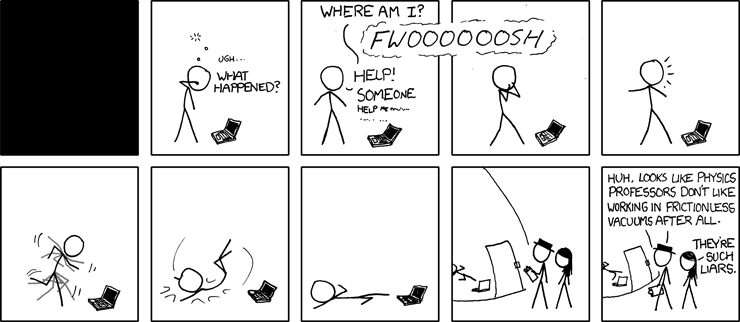 If this column sounds familiar, it's because it had its genesis in this post.
If this column sounds familiar, it's because it had its genesis in this post.The column appeared in the Catholic Standard & Times on 28 January 2010.
Ask, and it will be given to you; search, and you will find; knock and the door will be opened to you. For everyone who asks receives; everyone who searches finds; everyone who knocks will have the door opened. — Lk. 11:9-10
Si quaeris miracula... “If thou seekest miracles...” So starts the responsary for St. Anthony of Padua, the patron saint of lost things. Earlier last week, I was searching, not for a miracle per se, but for something I’d lost: the handwritten outline of the book I’m writing.
No, I didn’t re-file it. No, I didn’t accidentally clip it to any of my research notes. Yes, I really should have made a copy. I momentarily contemplated tearing my study apart in search of the missing sheets but mustered whatever self-discipline I possessed and gave it up. It would either resurface or not, but my time was better spent writing rather than rummaging.
As I headed out to an appointment late that afternoon, abandoning the debris of the day on my desk, I thought of my mother. She would have said, “pray to St. Anthony.” Part of me thought it silly to pray to find the outline, its loss surely an inconvenience, but not a tragedy. It hardly seemed to merit saintly intercession — or divine intervention.
A recent conversation with a Jesuit friend about praying for one’s own needs, as well as the needs of others, came to mind. Any grace that I might receive, he pointed out, was not depriving anyone else. God’s love was infinite. Perhaps I could practice what was preached.
So, before I headed out the door, I briefly turned my thoughts to St. Anthony and asked that he intercede with the Lord on my behalf in retrieving the outline from whatever alternate dimension it might have fallen into.
An hour later, I was back in my study, tidying up. As I picked up the folder with my notes for the current chapter, what did I find neatly placed underneath it? The outline. Surely it had been stuck to the bottom of the folder all along ... but I offered heartfelt thanks to God and Anthony for this tiny miracle nonetheless!
I was glad to have the outline back, but the experience made me wonder why I seem to reserve prayer for the huge things, turning to God only for the needs I think are truly desperate? I start each day at my desk with St. Ignatius’ Suscipe, praying, “Whatsoever I have or hold, You have given me, I give it all back to You” but suspect at one level I’ve been missing what Ignatius has in mind when he recommends this prayer to those seeking God. It’s not just the important things, not just the big gifts, that I’m offering with those words, it’s everything.
Praying for what might seem on the surface to be inconsequential serves a deeper purpose, reminding me that all I have comes from God, from every breath to book outlines.
Why is St. Anthony the patron of lost items? It would seem a disgruntled novice left Anthony’s monastery, taking with him the saint’s psalter. Not only was the book itself valuable, but its margins contained St. Anthony’s handwritten notes for his conferences and sermons (sound familiar?). After Anthony’s impassioned prayer for the psalter’s return, the contrite novice brought it back.
My prayer might not have been quite as fervent as Anthony’s was, but his intercession returned to me not only what I was seeking, but something more — a renewed sense of all that God has given me. “Treasures lost are found again, when young or old his help implore.” More treasures than I had imagined.
Receive, O Lord, all my liberty. Take my memory, my understanding and my entire will. Whatsoever I have or hold, You have given me. I give it all back to you to and surrender it wholly to be governed by your will. Give me only Your love and Your grace and I am rich enough and ask for nothing more. Amen.— St. Ignatius, from the Spiritual Exercises








